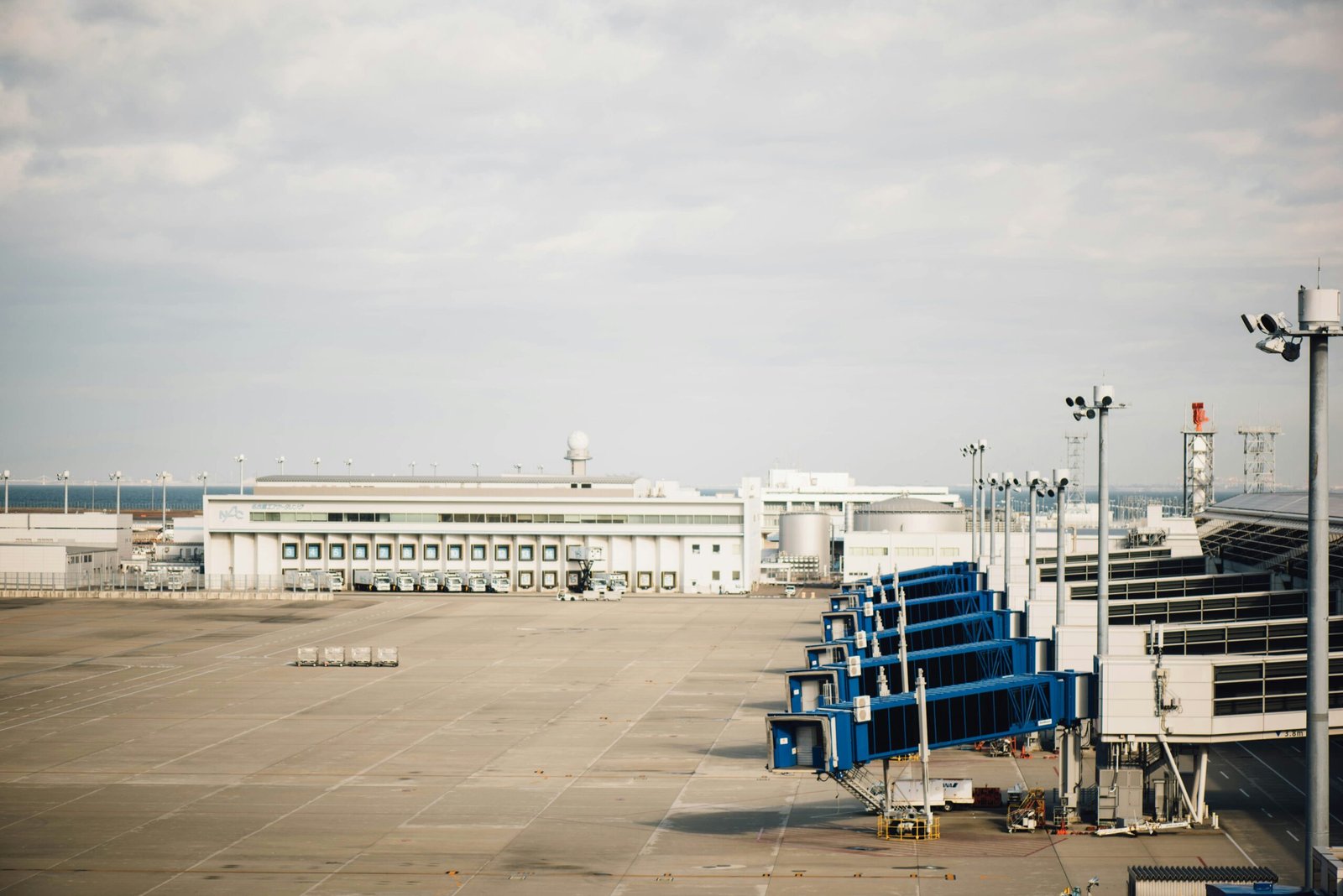Introduction
Traveling can be an exciting and enriching experience, but it’s not without its challenges. From lost luggage to missed flights, there are several common travel disasters that can throw a wrench in your plans. However, with a little preparation and know-how, you can avoid these mishaps and make your trip go smoothly. In this article, we’ll explore the eight most common travel disasters and provide you with tips on how to avoid them.
1. Lost or Delayed Luggage
One of the most frustrating travel disasters is lost or delayed luggage. To prevent this, always pack essentials such as medication, toiletries, and a change of clothes in your carry-on bag. Additionally, make sure to label your checked bags with your contact information and use a distinctive luggage tag to easily identify your belongings.
2. Missed Flights
Missing a flight can be a nightmare, but there are ways to minimize the risk. Arrive at the airport early, especially during peak travel times. Consider signing up for flight notifications to stay updated on any delays or gate changes. It’s also wise to have a backup plan in case you do miss your flight, such as knowing alternative routes or having travel insurance that covers missed connections.
3. Passport Issues
Having passport issues while traveling can be a major setback. To avoid this, check the expiration date of your passport well in advance of your trip. Some countries require your passport to be valid for at least six months beyond your planned departure date. Additionally, make copies of your passport and store them separately from the original. This will come in handy if your passport gets lost or stolen.
4. Illness or Injury
Becoming sick or injured while traveling can quickly turn a dream vacation into a nightmare. To stay healthy, make sure to pack any necessary medications and take necessary precautions such as getting vaccinated before traveling to certain destinations. It’s also a good idea to have travel insurance that covers medical emergencies.
5. Language Barriers
Communicating in a foreign country where you don’t speak the language can be challenging. To overcome this, learn a few basic phrases in the local language, such as greetings and simple questions. Carry a phrasebook or use translation apps on your phone to help you communicate with locals. It’s also a good idea to have the address and contact information of your hotel written down in the local language.
6. Transportation Delays
Transportation delays are a common travel disaster that can disrupt your itinerary. To avoid this, research the reliability of transportation options in your destination and plan accordingly. Allow for extra time when traveling to important events or flights. If you do experience a delay, stay calm and contact your accommodations or tour operators to inform them of the situation.
7. Accidents or Theft
Accidents and theft can happen anywhere, but there are steps you can take to minimize the risk. Keep your valuables secure by using a money belt or a hidden pouch. Avoid displaying expensive items such as jewelry or electronics. Be aware of your surroundings and trust your instincts. If something doesn’t feel right, remove yourself from the situation and seek help if necessary.
8. Unplanned Expenses
Unplanned expenses can quickly drain your travel budget. To avoid this, research the costs of your destination and create a realistic budget. Leave room for unexpected expenses such as transportation, meals, and activities. It’s also a good idea to have a backup fund in case of emergencies.
Conclusion
While travel disasters can happen, being prepared and taking preventative measures can help you avoid most of them. By following the tips outlined in this article, you can ensure that your next trip goes smoothly and enjoy a stress-free travel experience.








